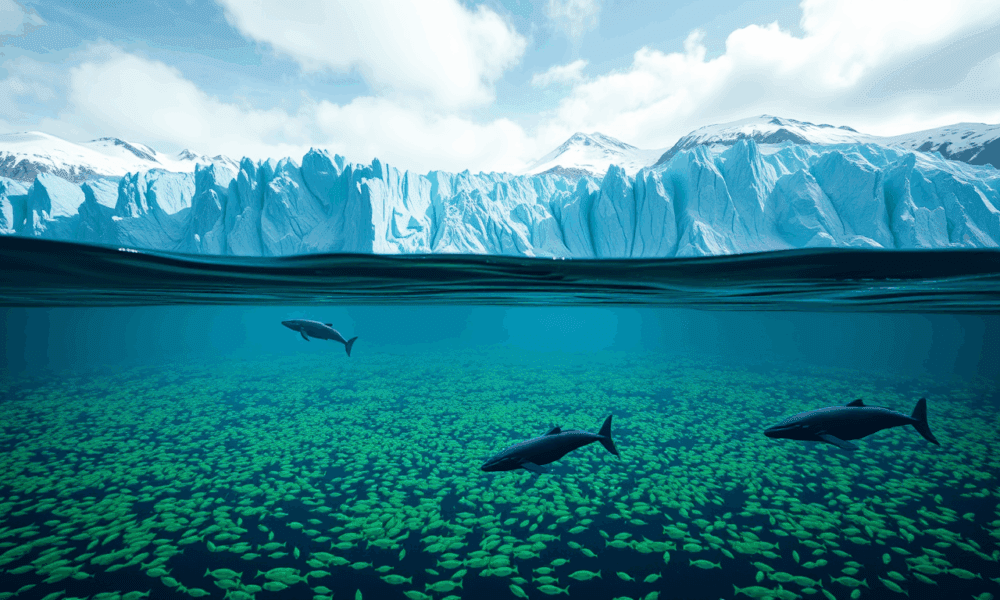
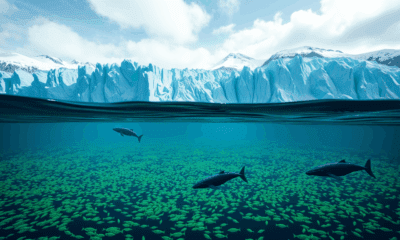

NASA-backed simulations reveal that meltwater from Greenland’s Jakobshavn Glacier lifts deep-ocean nutrients to the surface, sparking large summer blooms of phytoplankton that feed the Arctic food...
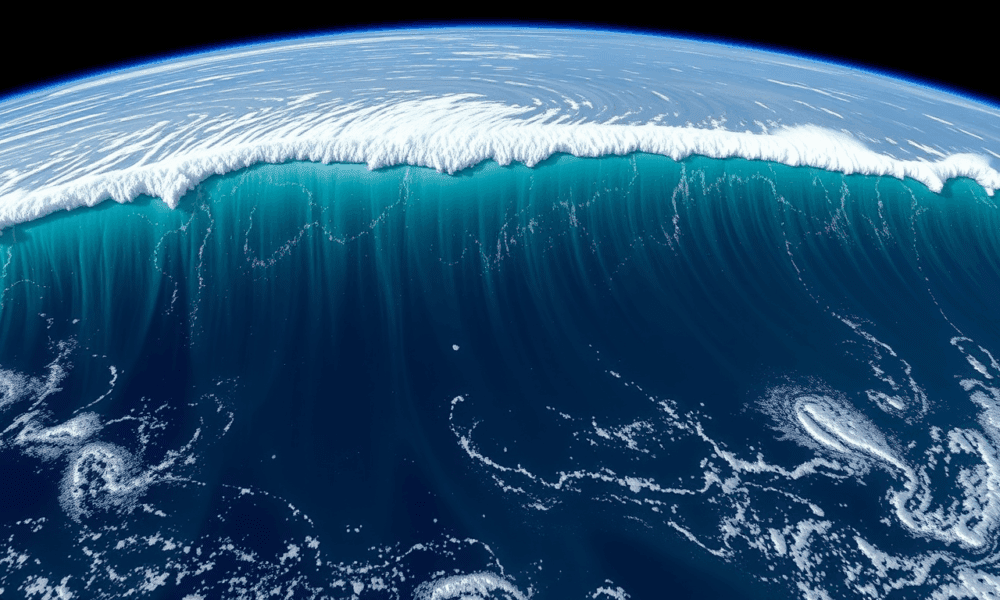
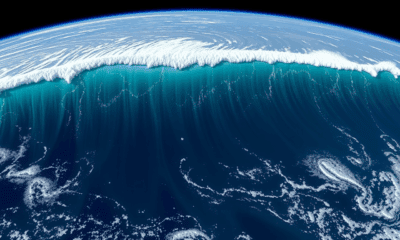

When a massive 8.8 magnitude earthquake struck off Russia’s Kamchatka Peninsula, NASA and CNES’s SWOT satellite captured a rare and detailed picture of the tsunami that...
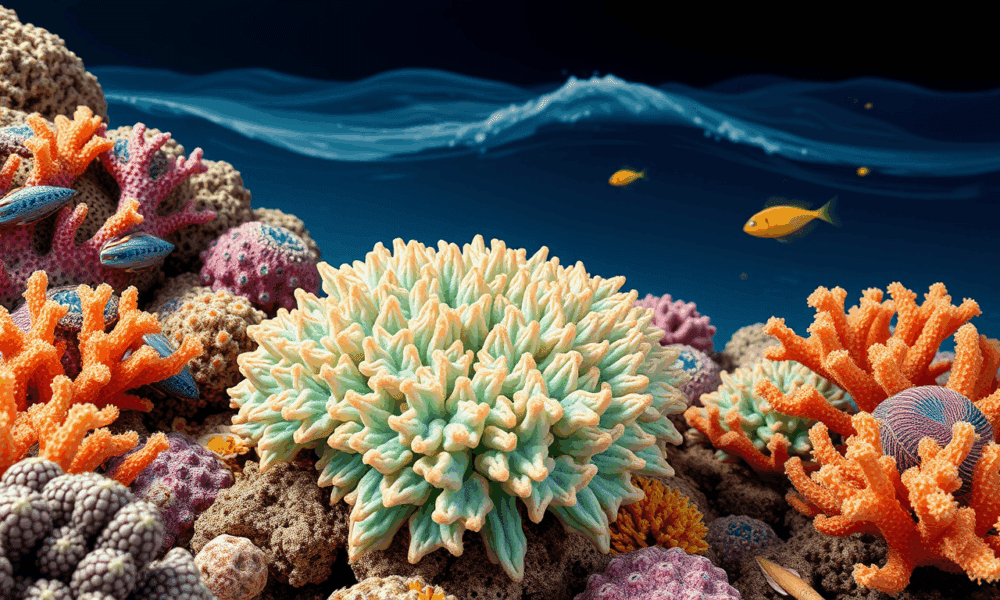
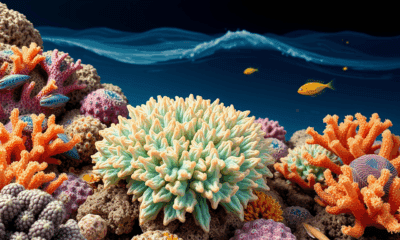

Mediterranean bryozoans, including the “false coral,” are showing alarming changes in structure and microbiomes under acidification and warming. Field studies at volcanic CO₂ vents reveal that...
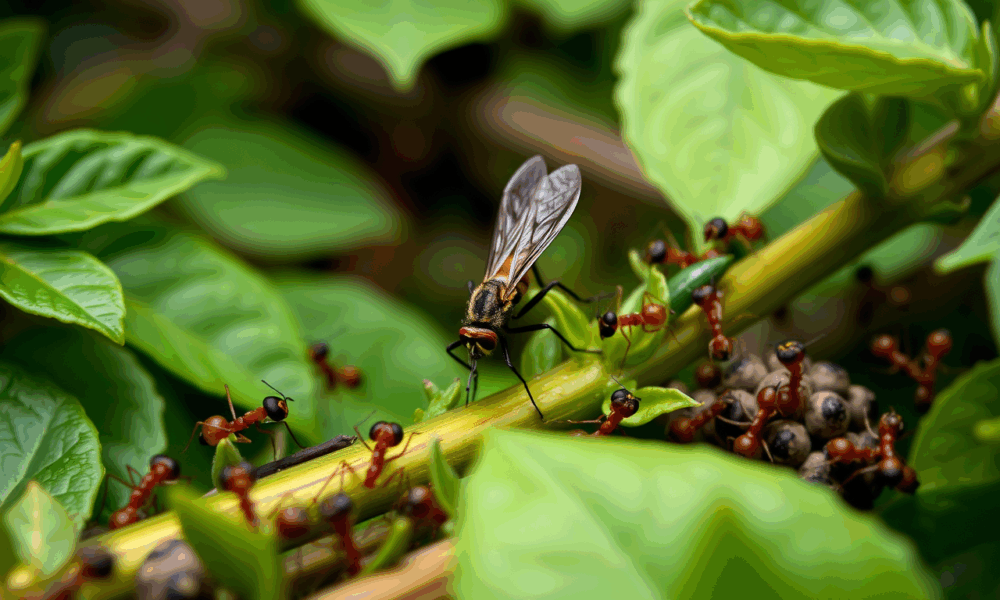
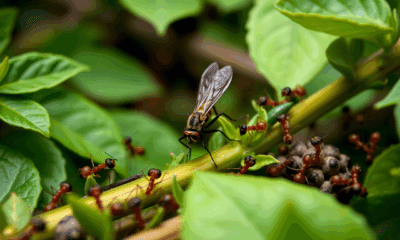

In a Puerto Rican coffee farm, researchers uncovered a web of chaotic interactions between three ant species and a predator fly, revealing how shifting dominance patterns...



A curious red Martian rock nicknamed Sapphire Canyon has scientists excited, as its spotted appearance hints at possible organic origins. On Earth, researchers tested a powerful...



Extreme heat waves and cold spells on the Great Lakes have more than doubled since the late 1990s, coinciding with a major El Niño event. Using...
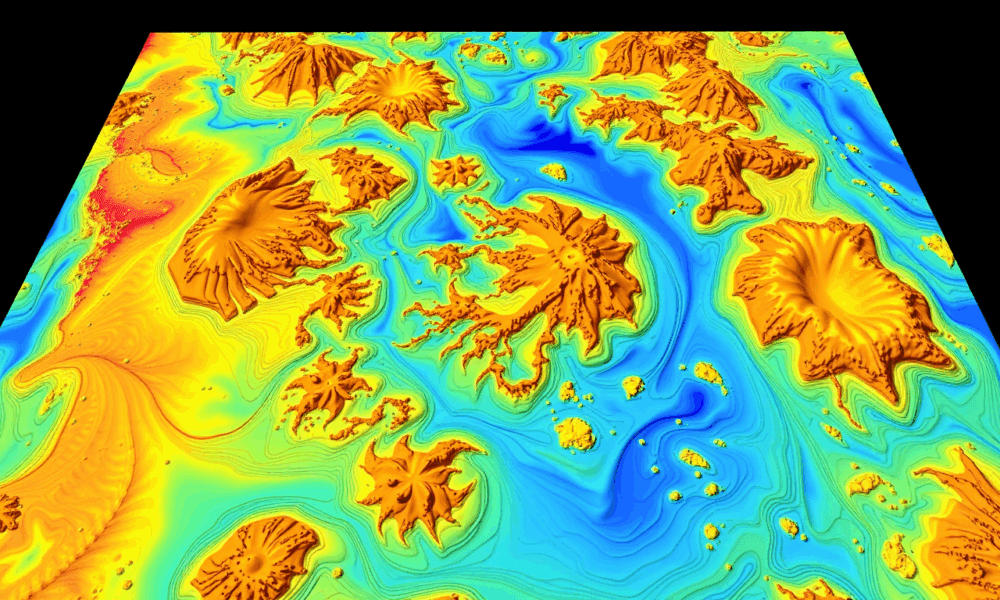
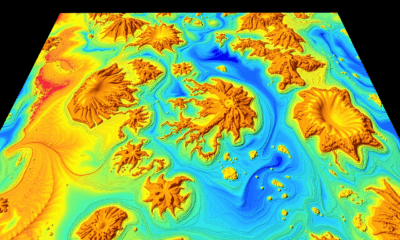

Beneath the North Sea, scientists have uncovered colossal sand formations, dubbed “sinkites,” that have mysteriously sunk into lighter sediments, flipping the usual geological order. Formed millions...
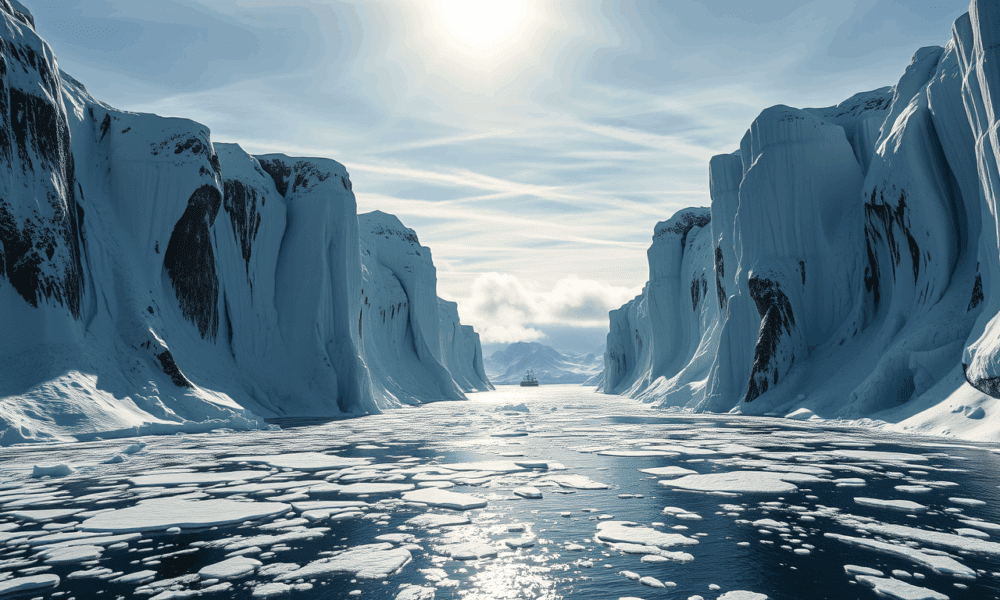
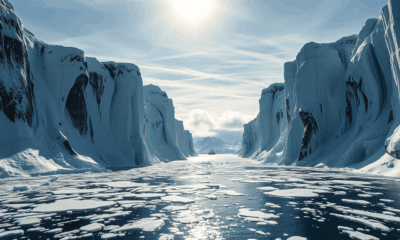

Deep beneath the Antarctic seas lies a hidden network of 332 colossal submarine canyons, some plunging over 4,000 meters, revealed in unprecedented detail by new high-resolution...
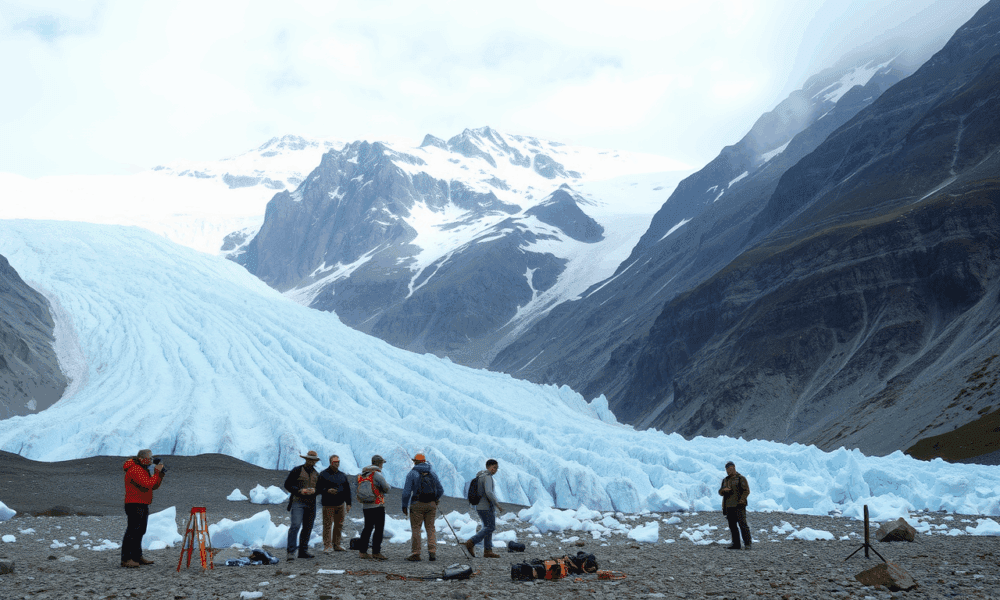
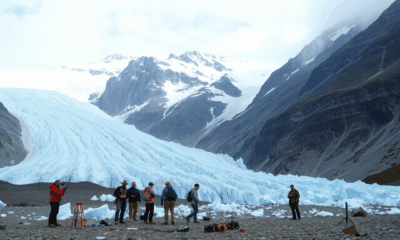

Scientists used machine learning to reveal how glaciers erode the land at varying speeds, shaped by climate, geology, and heat. The findings help guide global planning...



Over 300 million years ago, Illinois teemed with life in tropical swamps and seas, now preserved at the famous Mazon Creek fossil site. Researchers from the...